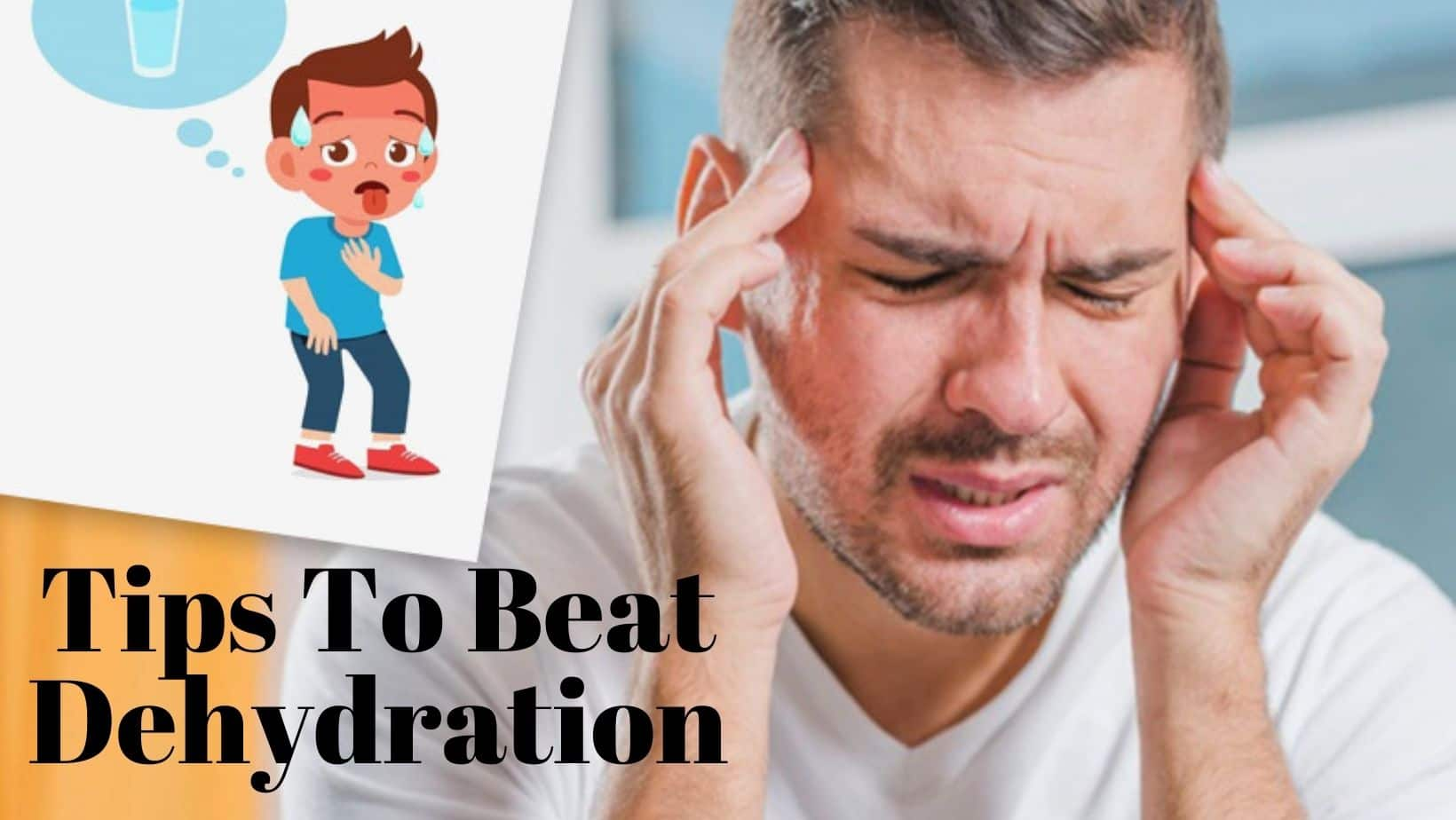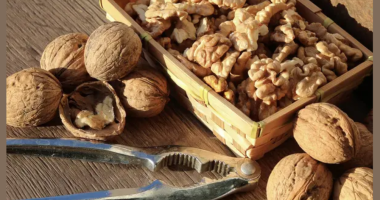While dehydration can damage your kidneys, tips to stay hydrated throughout the year can do a lot to your health. Let’s take a look at what this condition is, what symptoms it can cause and then finally, how you can prevent it from affecting you.
What happens when you deprive your body of water? A dehydrated body is a hub for many diseases, ranging from mild to severe. But, did you know dehydration can damage some of your important organs? Yes, you read that right. Prolonged or repeated bouts of dehydration can cause severe urinary tract infections, lead to the formation of stones inside your kidneys and even kidney failure. In this article, we tell you what really happens when your =r body doesn’t get enough water and how you can prevent the complications that dehydration can cause.
What Happens To Your Body When You Are Dehydrated
Dehydration can do a lot of harm to your health, which requires proper care. Let’s take a look at what this condition is, what symptoms it can cause and then finally, how you can prevent it from affecting you.
What Is Dehydration?
Dehydration is an acute health condition in which the body suffers from severe loss of fluid caused by illness, sweating or inadequate intake. Dehydration can also happen when an individual is suffering from diarrhoea, or severe food poisoning, where the body suffers a major loss of fluids.
Dehydration Can Damage Your Kidneys – Symptoms
From kidney failure to kidney stones, severe dehydration can lead to some of the most serious health problems. Take a look at some of the symptoms that it may cause:
- Feeling thirsty
- Dark yellow and
- Strong-smelling pee
- Feeling dizzy or lightheaded
- Feeling tired
- Having a dry mouth
- Lips and eyes
- Decreased urination (fewer than 4 times a day)
Tips To Beat Dehydration Caused By the Changing Weather
Worried enough? Check out these few tips that can help you beat dehydration throughout the year:
- Include a lot of hydrating fruits and vegetables in your daily diet.
- Recharge with Electrolytes
- Swap sodas with cold press juices or fresh fruit and vegetable juices
- Avoid alcohol
- Drink water (At least four hours before your workout, drink plenty of water. While exercising, hydrate yourself every 10-15 minutes. Drink 1.5 liters of water by 2 p.m)







